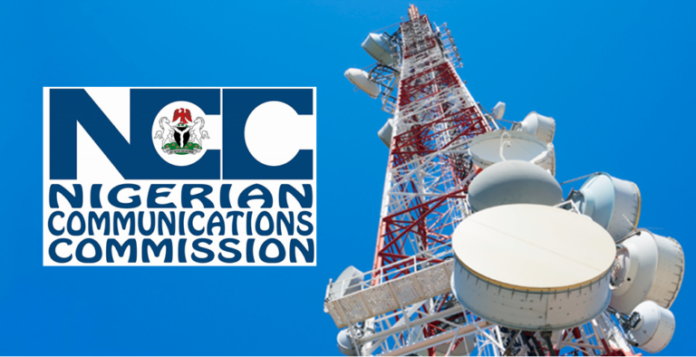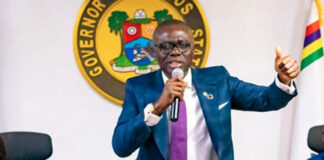NCC: Digital Connectivity Now Measurement For Quality of Life
The Executive Vice Chairman of the Nigerian Communications Commission (NCC), Prof. Umar Danbatta, has said in Lagos that the quality of life is now being measured in terms of digital connectivity that promotes businesses, the social and economic wellbeing of the citizens.
Danbatta, who spoke today through NCC’s Director of Digital Economy, Dr. Augustine Nwulunne, in a keynote at the 2022 Africa Tech Alliance Forum in Lagos on Wednesday, said digital connectivity has a major role in advancing the gains of development and sustaining the future, as well as attaining the needed quota in attaining a sustainable future and actualizing the objectives of the Sustainable Development Goals (SDGs).
READALSO: Danbatta: Media and The Telecom Regulator Are Partners
The telecoms regulator, who spoke on the theme, “Creating a Sustainable Future through Connectivity”, cited studies to buttress the centrality of digital connectivity to quality of life and stated that the NCC is dedicated to activating regulatory initiatives aimed at deepening connectivity for the overall economic development of Nigeria.
“Connectivity and development in Nigeria have not been fortuitous, rather they have been as a result of measured, painstaking and strategic policies implementation in the telecommunications sector by the NCC and relevant stakeholders, and we are committed to driving robust and vibrant telecoms sector to enhance further growth of Nigerian economy in all its spheres,” Danbatta said.
According to him, telecommunications sector has become an enabler of economic growth, providing the necessary digital succours that bring greater efficiency in service deliveries in education, healthcare, transportation, commerce, financial services, and other sectors of the economy with greater impact on the nation’s Gross Domestic Product (GDP) as well as enhancing other sectoral growth correlating to each of the 17 goals on the SDGs.
The highlight of the event was the decoration of Danbatta with an award of “5G Core Leadership Award” while the Commission was named as the corporate organization with “Best Digital Economy Project of the Year 2022” for the regulatory efforts of the Commission in driving commercial deployment of Fifth Generation (5G) network in Nigeria.
Danbatta said the NCC, through various policies and initiatives, has provided an enabling environment for a fair and liberalized telecommunications industry, by emplacing appropriate regulatory tools and providing relevant regulatory services for mobile network operators (MNOs), who are the primary providers of telecommunication services in the country.
“The commission has provided the enabling environment to stimulate the deployment of necessary infrastructure pertinent to the provision of universal and affordable connectivity. The resultant effect of this is that today, we now have over 210 million active telephone lines, representing 110 per cent teledensity; and over 150 million Internet subscribers as well as 45 percent broadband penetration which has enabled over 80 million broadband subscriptions.
“Telecommunications has been credited with lifting millions of Nigerians out of poverty; diversifying the economy and providing over $70bn to Nigeria’s GDP; it has also provided thousands of Nigerians with various employment opportunities. A glance at Nigeria’s historical data on its GDP portrays the upward trajectory of the country’s GDP since the liberalisation of the telecommunications sector. In 2001, Nigeria’s GDP was $74.03 billion, in 2005, it grew to $176.13 billion, and it currently stands at $440.78 billion, and telecom has been a key driver of this growth,” he said.
He told the audience that the commission is also driving implementation of various policies and frameworks including the Nigerian National Broadband Plan (NNBP) 2020-2025, the National Digital Economy Policy and Strategy (NDEPS) 2020-2030; and the ongoing deployment of Fifth Generation (5G) network and other digital interventionist projects aimed at driving universal service availability, accessibility, and availability.
SOURCE:
















